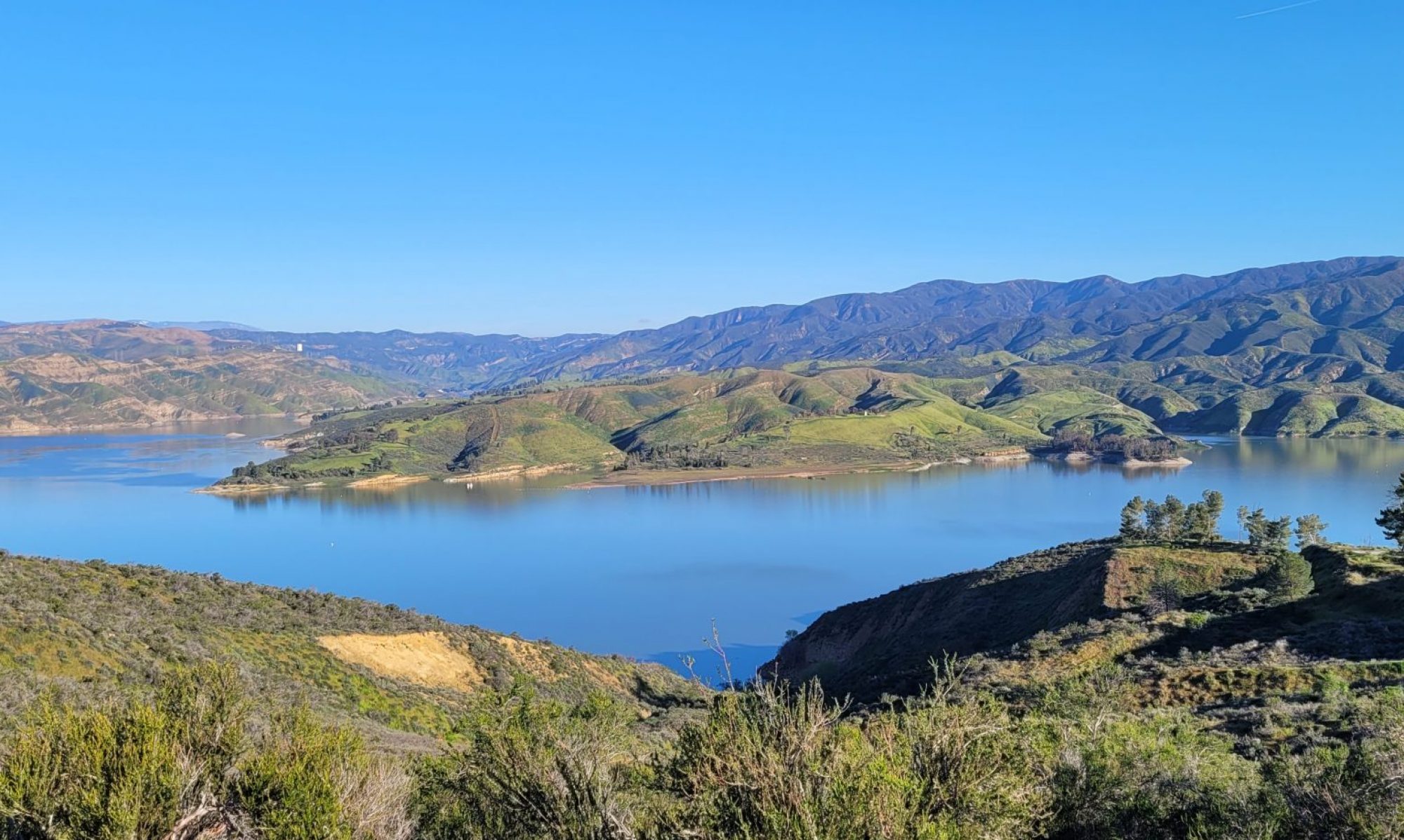
Oberon, what visions I have seen! Methought I was enamoured of an ass!
— Titania, Act IV, Sc 1
In the dark of the wood, under moonlight, at midnight, anything can happen. That’s the premise of A Midsummer Night’s Dream and what makes it one of the greatest comedies ever written. Aside from making my case as to why this is so, let me also point out a few interesting facts about midsummer, good vs. disastrous Shakespeare, and how Midsummer has been interpreted.
Midsummer is long days and languid nights; fireflies or sparklers glowing while the sound of crickets or frogs echo above dark green trees, thick with foliage. Midsummer is a time for foolery, which is the perfect time to watch a play, especially outdoors. Shakespeare in the Park is popular worldwide in New York and Paris but also in small towns and local venues. Summer solstice-y traditions are also popular whether it’s official Scandinavian holidays like Sankthansaften in Denmark or Juhannus in Finland or even our backyard barbecues. There’s drinking and feasting, sometimes a naked sprint or some skinnydipping, and when the sun finally sets, there’s might be a giant community bonfire. In the dark of the night, in front of a fire, in shadows and in light, anything can happen.
Magic and the Just Desserts for the Snobbish
Lovers enter a dark forest, filled with mischief makers and aphrodisiacs. Local actors prepare a play and, like in Waiting for Guffman, simple actors act simply. A fairy queen and king are at odds, interesting shadows to the real queen and king, also at odds. Why does A Midsummer Night’s Dream’s plot work so well? Three reasons: Continue reading “What Fools these Midsummer Mortals Be”

